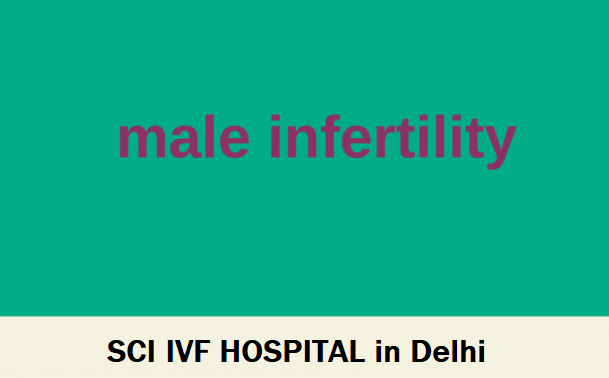The problem of infertility is sensitive for both genders. If you and your partner are trying to have a family, you must be thoroughly checked in the best IVF clinic in Delhi to rule out potential obstacles to conception. While most people blame the woman, the reality is that many instances of infertility are caused by problems on the male side of the family. Most male infertility may be attributed to one of these factors:
Medical record and lifestyle habits
Your lifestyle and medical records may affect your reproductive health and fertility. Factors that may increase your risk of infertility include:
- Use tobacco or marijuana
- Consume three alcoholic beverages per day or more
- Take certain medicines that are prohibited
- The use of anabolic steroids
- Get on certain prescription pharmaceuticals, such as testosterone replacement treatment or pills to treat arthritis, high blood pressure, depression, cancer, infection, or a digestive issue.
- Suffer from a long-lasting condition like cancer, diabetes, or a thyroid disorder
- Having a lack of proper nutrition
- Being overweight
- Exposure to toxicants like pesticides or lead
- Having one or both testicles remain undescended from birth or early childhood
- Suffer from a groin hernia
- Have a history of STDs like chlamydia or gonorrhea
Inform your doctor if you experience any of these risk factors, and you may decide how to increase your likelihood of a safe pregnancy.
Varicoceles
Varicoceles are prominent veins in the scrotum that raise the temperature of the testicles. In addition, the rise in temperature might impact the quality and quantity of your sperm. Your doctor in the best fertility clinic in Delhi may choose to examine your scrotum physically or suggest an ultrasound.
When it comes to fertility therapy, you and your partner have the option of undergoing IVF, IUI, or ICSI. Your collected and washed sperm, or donor sperm, will be used to fertilize your partner’s egg and cause pregnancy.
Ejaculation problem
Certain males suffer from ejaculatory duct obstruction. And as a result, sperm does not discharge with ejaculatory fluid. Semen enters the bladder rather than the penis in cases of retrograde ejaculation, which affects certain men. The dysfunctional bladder neck muscle is to blame for this condition.
No symptoms are present. But if you have problems ejaculating, you may notice that your pee is cloudy, or you don’t ejaculate at all while you’re physically intimate with your spouse. To fix the blockage, remove the sperm for IVF or IUI, or reverse the vasectomy, your doctor may suggest surgery.
Sperm count or motility problem
Low sperm count or sperm motility, poorly shaped sperm, or no sperm can prevent fertilization of your female partner’s egg. Low sperm quality might result from hormonal imbalances, trauma, or chronic illness.
There are often no symptoms. The only way to be sure is to have a semen analysis performed, which the best IVF doctor in Delhi may suggest. You and your partner may pursue various reproductive therapies such as IVF, ICSI, donor sperm, fertility medications, and IUI.
Unknown problems
You experience unexplained infertility if your doctor cannot identify the underlying reason for your reproductive issues via testing or screenings. With fertility medications and assisted reproductive technology (ART), your doctor may enable you to start a family. Hence, you can consider visiting Dr Shivani Sachdev Gour, one of the top IVF doctors in Delhi.
Conclusion
There are several causes of male infertility. Male infertility may be caused by a variety of causes, including but not limited to medical history, poor lifestyle choices, low sperm count, and ejaculatory difficulties. With medical attention at SCI IVF Hospital, a fertility clinic in Delhi, most men can become fathers, regardless of their reproductive status.


